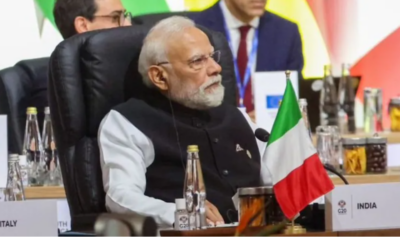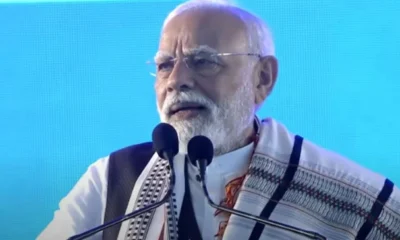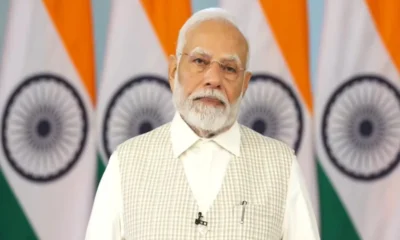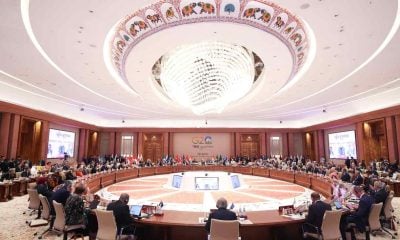India News
G20 Dinner: India showcased its diverse musical heritage with traditional music from all across the country
The musical arrangements encompassed usage of several instruments showcasing India’s unparalleled and unique musical heritage.
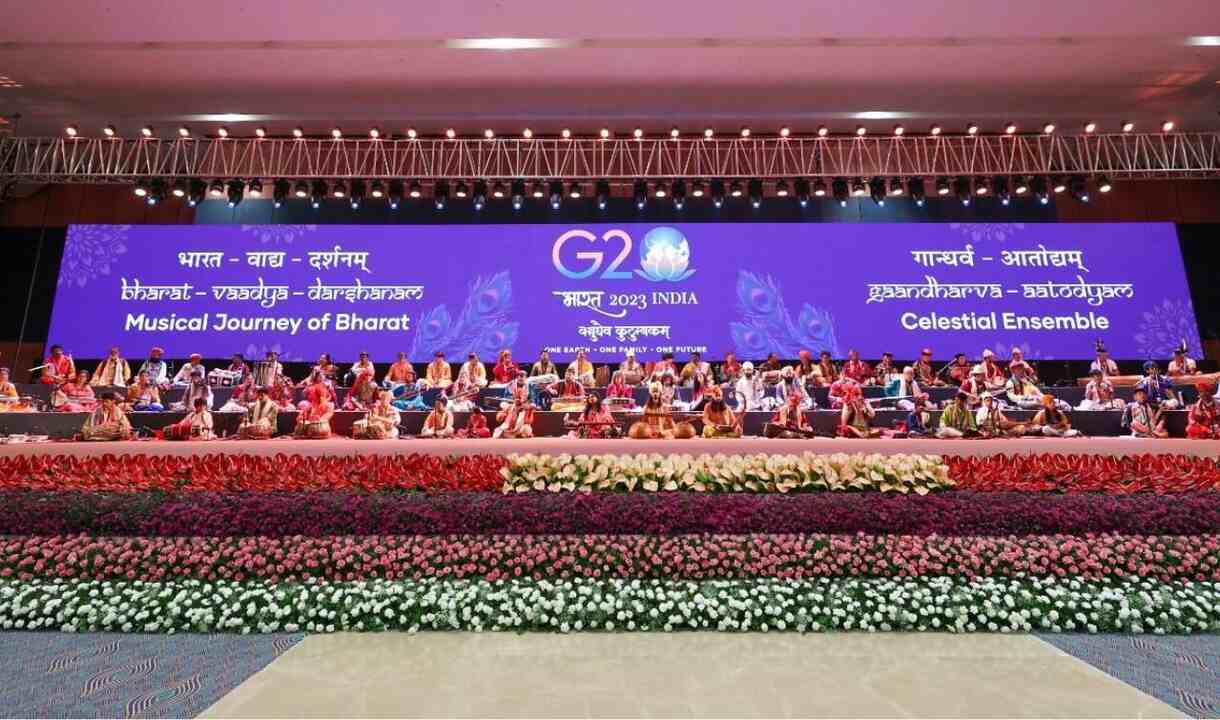
India News
Over 5,000 tribals join BJP in Assam’s Goalpara ahead of elections
More than 5,000 tribals, largely from the Garo community, joined the BJP in Assam’s Goalpara district during a large-scale ST Morcha programme ahead of elections.
India News
PM Modi crosses 100 million followers on Instagram, first world leader to achieve milestone
Prime Minister Narendra Modi has crossed 100 million followers on Instagram, becoming the first world leader to achieve the milestone and widening the gap with global counterparts.
India News
MK Stalin predicts frequent PM Modi visits to Tamil Nadu before assembly election
MK Stalin has said Prime Minister Narendra Modi will visit Tamil Nadu more often ahead of the Assembly election, calling the tours politically motivated and questioning the Centre’s support to the state.
-

 Latest world news24 hours ago
Latest world news24 hours agoPM Modi to begin two-day Israel visit, defence and trade in focus
-

 India News15 hours ago
India News15 hours agoMK Stalin predicts frequent PM Modi visits to Tamil Nadu before assembly election
-

 Latest world news15 hours ago
Latest world news15 hours agoIndia eyes Rs 8,000 crore mid-air refuelling aircraft deal as PM Modi begins Israel visit
-

 Latest world news52 mins ago
Latest world news52 mins agoPM Modi reaffirms support for Israel, recalls 26/11 victims in Knesset address
-

 Latest world news44 mins ago
Latest world news44 mins agoCanada softens stance on alleged Indian interference ahead of PM Carney’s India visit
-

 India News33 mins ago
India News33 mins agoPM Modi crosses 100 million followers on Instagram, first world leader to achieve milestone
-

 Latest world news18 mins ago
Latest world news18 mins agoPM Modi and Netanyahu pledge deeper defence, trade ties during Israel visit
-

 India News4 mins ago
India News4 mins agoOver 5,000 tribals join BJP in Assam’s Goalpara ahead of elections

